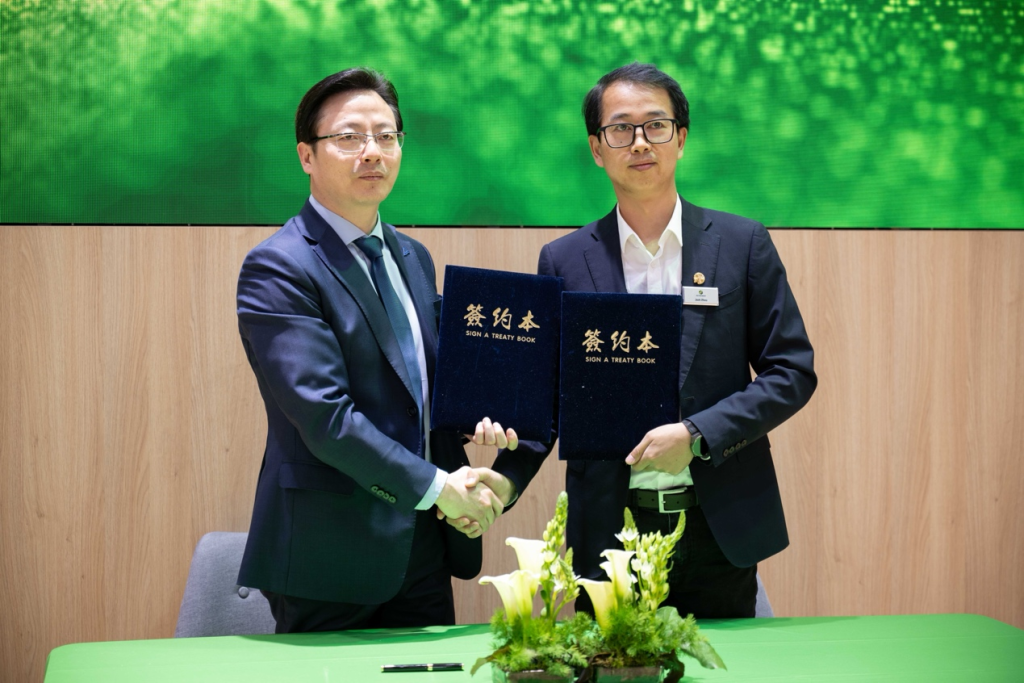


At this year’s Intersolar Europe, Astronergy formalized a cooperation agreement with TÜV Rheinland to begin module qualification under the IEC TR 63279 technical report. This internationally recognized standard focuses on sequential and combined accelerated stress testing aimed at derisking photovoltaic (PV) modules in line with real-world reliability expectations.
The IEC TR 63279 testing protocol is among the most comprehensive in the PV industry, incorporating harsh environmental simulations to evaluate module durability under high temperature, high humidity, mechanical load, and electrical stress conditions. Its goal: to identify failure modes and ensure long-term field performance of PV modules deployed in extreme climates.
Astronergy’s participation includes multiple superimposed testing sequence combinations such as environmental stress, thermal stress, mechanical stress, UV and PID. Each sequence involves multiple stress cycles and simulates complex degradation paths, requiring extended test periods and stringent performance evaluations. These procedures are designed to go far beyond standard IEC 61215/61730 certifications.
“Astronergy is fully committed to pushing the envelope of quality assurance,” said Jack Zhou, Head of Global Product Technical Management at Astronergy. “The IEC TR 63279 standard is not yet mandatory, but we believe it represents the future of module qualification—one that aligns closely with the demands of utility-scale developers, EPCs, and institutional investors.”
According to the two sides’ agreed schedule, Astronergy module sample submission is underway, with the first test phase report expected by the end of August 2025. The full testing campaign is expected to conclude in Q4 2025.
By proactively engaging in this advanced testing collaboration with TÜV Rheinland, Astronergy further positions itself as a reliability-focused manufacturer, aligned with evolving international benchmarks for quality and long-term asset performance.
